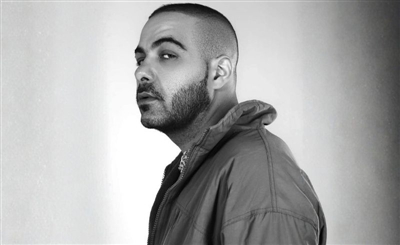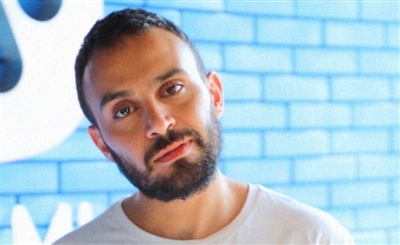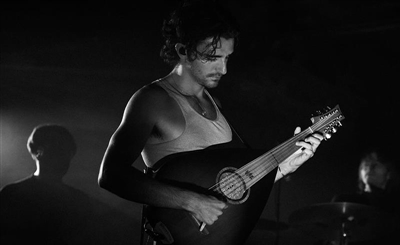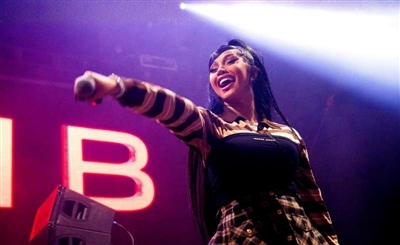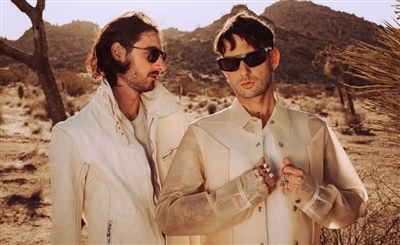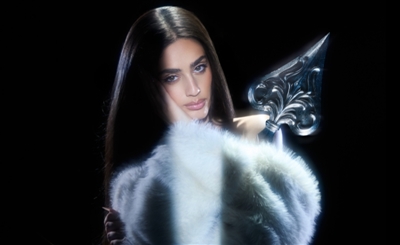We Asked DJs What They Think of Coffee Shop Raves
SceneNoise's staff writer Riham Issa investigates the unseemly rise of coffee shop raves across the MENA region, and its impact on the future of nightlife.
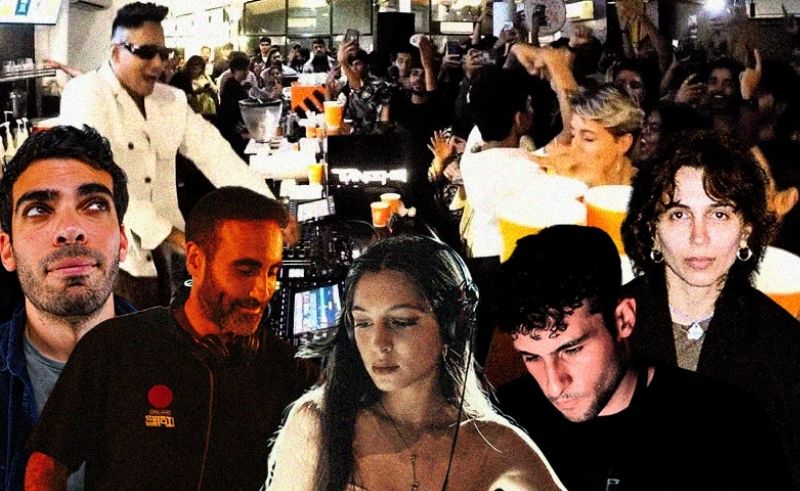
It’s no secret that coffee shop raves are fast becoming a global phenomenon in the electronic music scene. Chances are you’ve already scrolled past a viral clip of a DJ dropping a house set in some café in Dubai, or even stumbled upon one mid–morning latte run. I know I have. These pop-up so-called ‘raves’ are flipping the script on conventional nightlife, trading dark clubs and strobe lights for third spaces that market themselves as wellness-friendly alternatives.
That loosely defined scene, built on mixing caffeine spikes and dance music, is billed as part of a sober-curious, soft-clubbing wave spearheaded by the younger generation of ravers, as people are question the cost of partying on their bodies more often than they used to. But, I mean, some of my best memories (and friendships) have been made at a random warehouse in the middle of nowhere, or a sketchy villa on the Nile, where I discovered music I would probably never hear anywhere else - can these cafes offer the same experience?
What’s clear is that the scene has already strayed exceedingly far from its original principles of inclusivity, freedom and eccentricity. And while it’s true that these daytime raves make electronic music more accessible, they also draw in a different crowd; people whose understanding of the genre doesn’t extend much further than the ‘ahla leila, ahla nas’ shenanigans. And from how I see it, it feels like an offspring of the superclub machine, feeding straight into capitalism while hiding behind the veneer of health consciousness.
But in all honesty - where does this leave the future of nightlife?
In my attempt to find an answer to this question, I reached out to a handful of the region’s established and rising electronic artists to get their take on the coffee shop rave phenomenon.
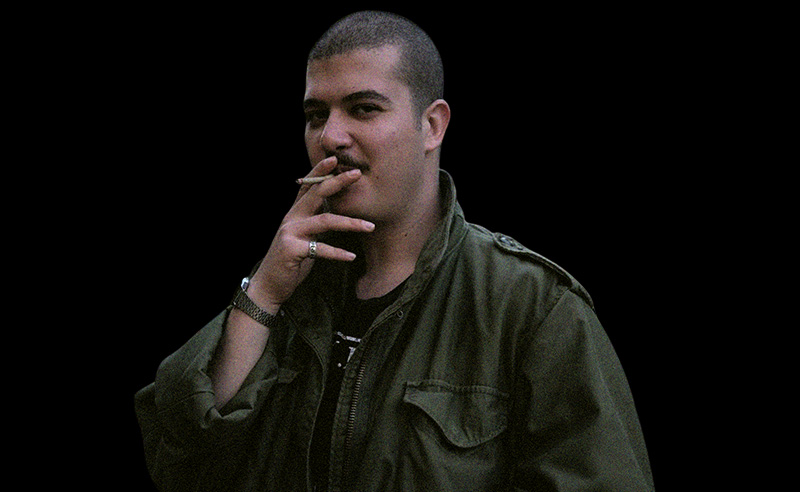 Azzouni | DJ, Producer, Sound Engineer & Co-founder of MOSHTRQ Collective
Azzouni | DJ, Producer, Sound Engineer & Co-founder of MOSHTRQ Collective
Egypt
I think, being semi ironic, coffee shop raves are an indicator of an unhealthy music scene… a recession indicator even. The format of a DJ set, but it’s in *location, is a tried and tested format. DJ set, but it’s in a cafe. DJ set, but it’s in a restaurant kitchen. DJ set, but it’s on the back of a pickup truck Downtown.
These are all fun moments, and the novelty makes for great content - the neurotypicals love this stuff - but the music is really a secondary factor to the backdrop, and the artist (DJ) is the vehicle for promoting the consumption of product (overpriced medium roast).
To me, club music is meant for the club, and in the absence of a healthy club circuit, what do we have left except to try and promote ourselves through novelty? I imagine a DJ set in a cafe is about as satisfying as the paycheck you’d get for it.
And of course, because corporate bookings are on the rise, you have these booking agencies pimping out their artist to whatever corp will throw them a bag. What is the soundtrack to a cafe rave except capitalism?
My favourite ‘DJ set in exotic/novel location’ is where something is crafted that fits the energy of the location it’s in.
For what it’s worth, I like my matcha latte to taste like green f***king dirt.
It’s also like, these become the canon of iconic moments in our music scene, you know? It’s not - “Remember Ahmed Samy at Lazuli?” Or “3phaz at Jellyzone Festival?” Or “Remember that night we danced 20,000 steps in a room?” It’s, “Oh yeah, haha that was a cool set,” that you throw on YouTube while you’re pregaming or at the after-something.
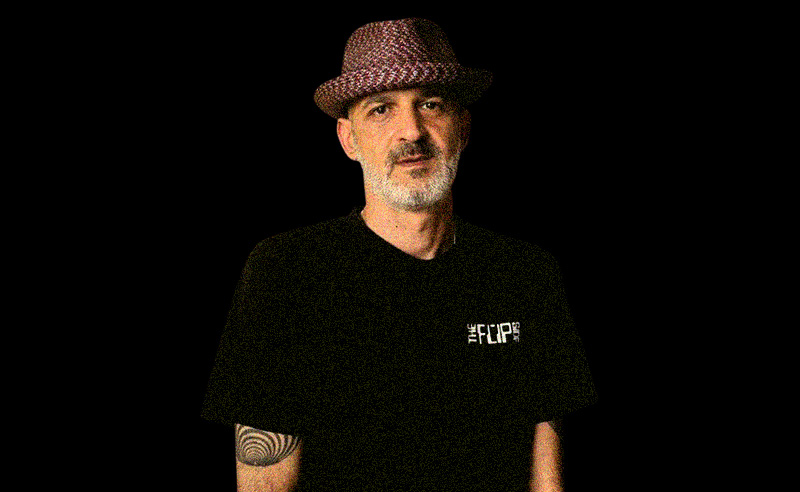 Shadi Megallaa | DJ & Label Owner
Shadi Megallaa | DJ & Label Owner
UAE
I’ve thought long and hard to try and come up with something positive to say about “coffee shop raves”, but I’ve got nothing. To me, it feels incredibly gimmicky. I do understand that some older clubbers might not want to consume alcohol any more, but you can go to a club and not drink.
What is really bad for the culture is the slow death of clubs that we’re currently witnessing. Coffee shop raves are basically nightlife being domesticated into something palatable for the Instagram era. Give me a dancefloor any day.
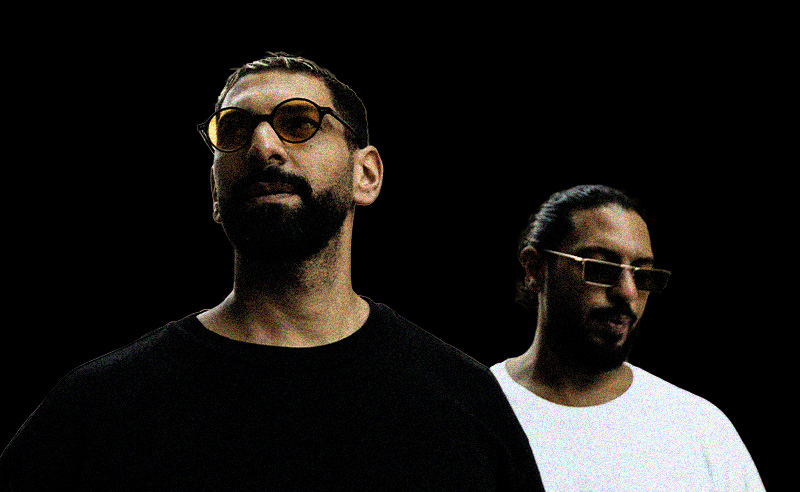 Dish Dash | DJ/Producer Duo & Co-founder of IN ACT party series and label
Dish Dash | DJ/Producer Duo & Co-founder of IN ACT party series and label
Saudi Arabia
We’ve been seeing coffee shop raves popping up everywhere, and honestly, we think it’s a really cool development for the scene. These spaces bring the culture closer to everyday life, breaking away from the typical nightclub setting and making electronic music feel more approachable. Coffee shops are intimate, creative spaces by nature, and when you mix that vibe with underground sounds, it creates a completely new kind of energy.
For us, it’s refreshing to see the scene experimenting with new formats that make parties feel more community-driven and spontaneous. At the end of the day, whether it’s a massive festival or a cosy coffee shop, what matters is people connecting through music. And if coffee shop raves are getting more people curious and engaged with electronic music, that’s something we’ll always support.
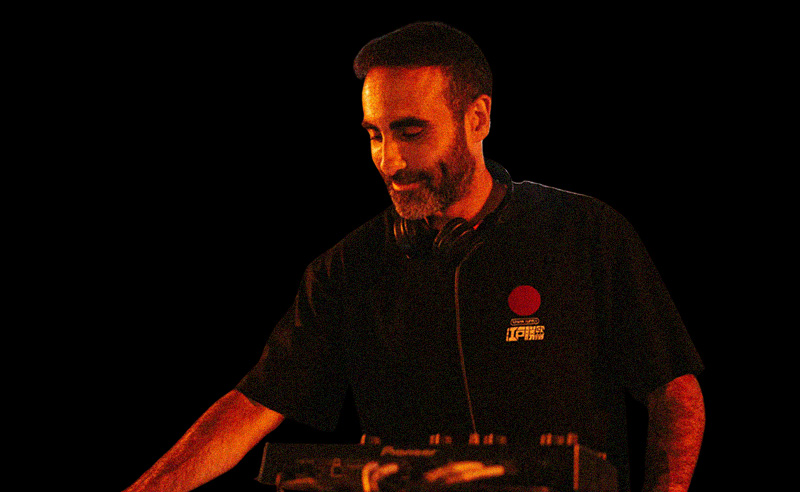 Hisham Zahran | DJ
Hisham Zahran | DJ
Egypt
Can I ask why coffee shops are having “raves” in the first place? That's what I’d like to know.
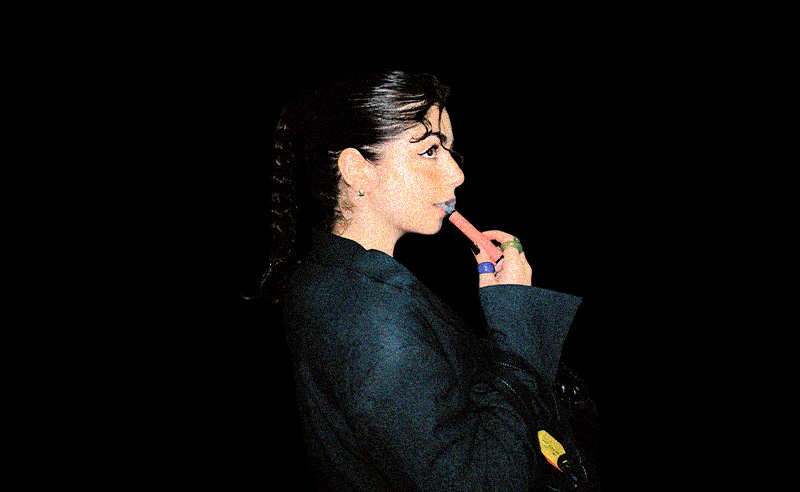 Lyss | DJ & Producer
Lyss | DJ & Producer
Lebanon
Coffee shop raves are definitely a trend, and like any trend, they can feel oversaturated or even get hyper-commercialised. But I think there are still important initiatives within it that feel genuinely welcoming. Commercial nightlife is often expensive and exclusionary, while underground spaces have always been about inclusivity and community. Coffee shop raves create another entry point - they make it easier and more affordable for people who might not go out at night or who can’t access the club to still experience electronic music.
I also like when these events bring in art, small makers, or other cultural elements, because it becomes more than just a party - it’s about supporting different communities at once. And daytime raves shift the culture too: they show that music doesn’t only belong to the night or to those who can pay for it. Even if the trend fades or gets commercialised, the fact that some of these spaces remain open, accessible, and welcoming is what really matters.
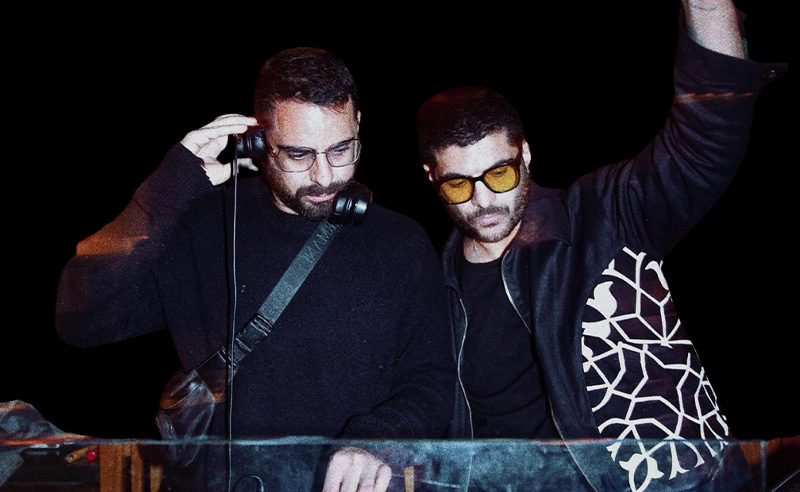 Horrible | DJ Duo
Horrible | DJ Duo
Egypt
I suppose if we didn’t drink, and developed a fondness for being up at sunrise to queue or dance for a 300 EGP Nescafe alongside people convinced the revolution is happening in a Starbucks-spin-off with a Funktion-One, and if we nurtured a taste for repetitive commercial remixes and performative rebellion inside a capitalist parody of underground culture, then yes, hypothetically, we could love coffee shop raves. Or, if someone paid us to play one, we could absolutely learn to love coffee shop raves.
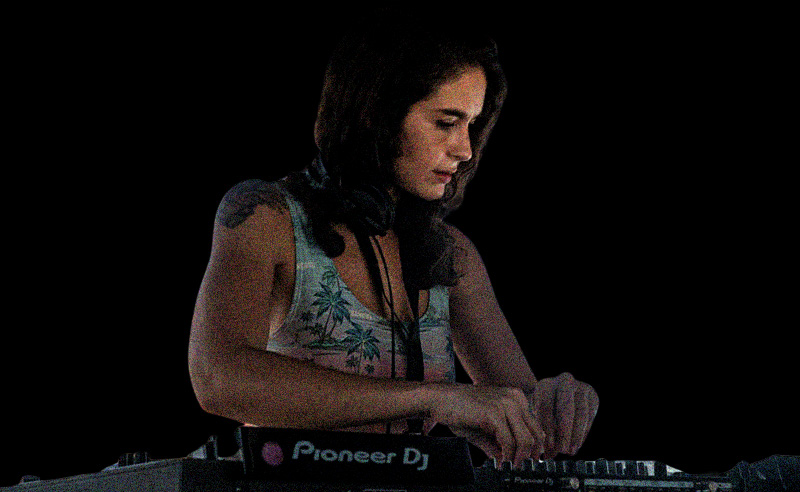 Felonious Funk | DJ
Felonious Funk | DJ
Palestine
The thing that I find the most compelling about “coffee shop raves” is the underlying message that nightlife isn’t the only way to dance and get down to some good music.
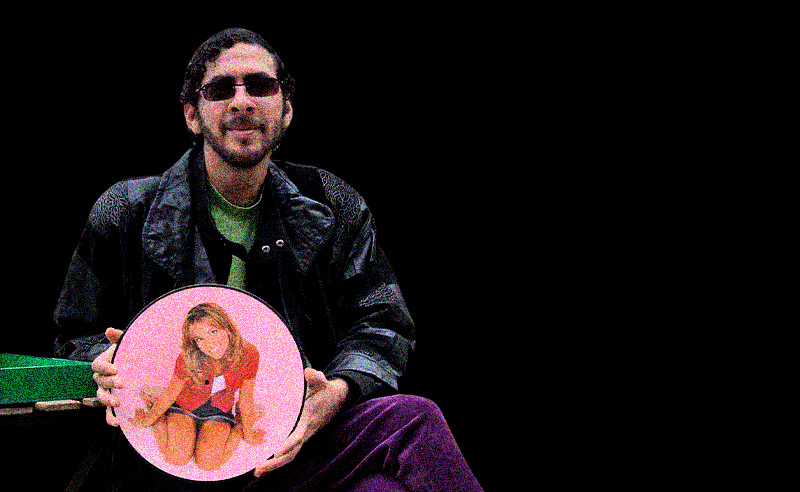 Nour Fahmy | DJ
Nour Fahmy | DJ
Egypt
هو لو الصبح و بليل طب هشرب كوفي امتي؟ ("If it’s morning and night, then when am I supposed to drink coffee?")
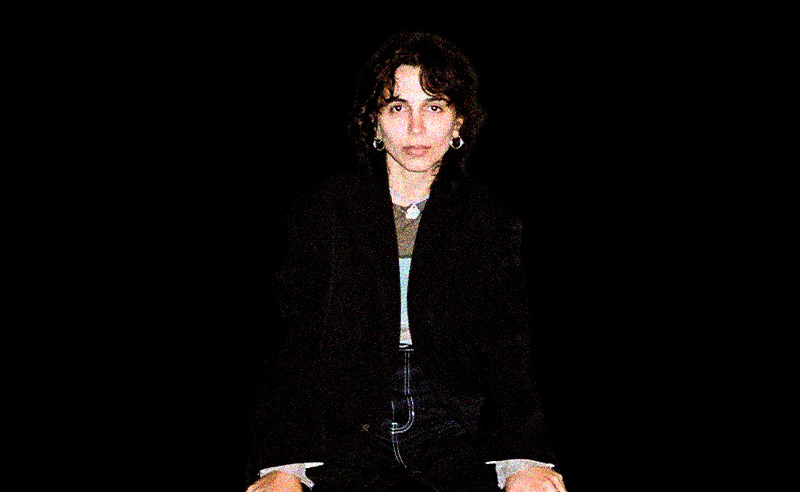 Bazzzuk | DJ
Bazzzuk | DJ
UAE
The sentence itself is a disrespectful term already. That’s not a rave, that’s just a Starbucks (also f*** Starbucks) with a playlist.
A rave is sweat, bass, and losing yourself in the music - not sipping matcha lattes while pretending you discovered culture on TikTok.
But maybe you are asking the wrong person, I’m a bit old-fashioned when it comes to this topic. All I’m saying is that the art of music deserves more than being turned into a caffeine-themed cosplay with a bunch of NPCs filling up the room. But after all, to whom, how, right?😏🦭
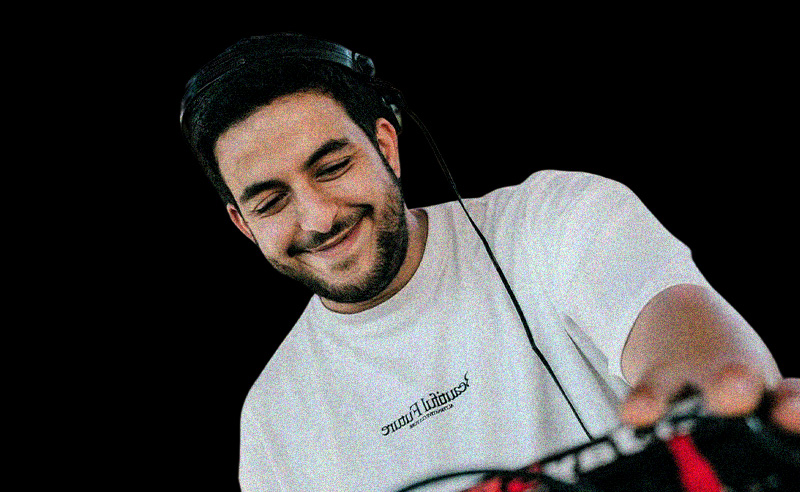 Amin Trabulsi | DJ & Producer
Amin Trabulsi | DJ & Producer
Tunisia
It’s an accessible way for emerging DJs to showcase their work outside of clubs. I think this format allows people to experience music in a genuine way 😊
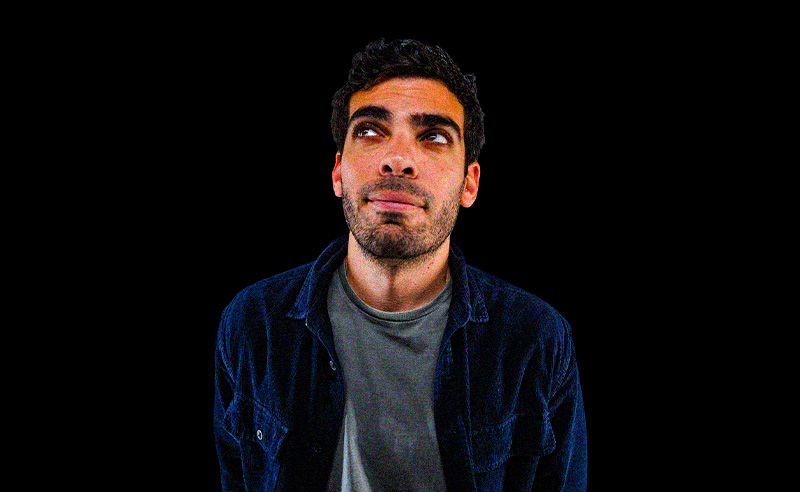 Misty | DJ & Producer
Misty | DJ & Producer
Egypt
"I think coffeeshop raves wouldn’t exist if it weren’t for TikTok and Instagram. But if people enjoy them, then I’m all for it."
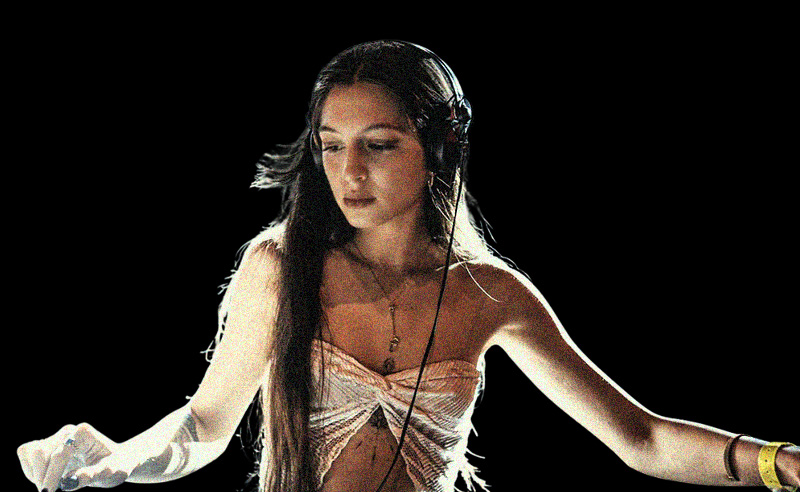 Celine Abboud | DJ
Celine Abboud | DJ
Lebanon
This trend is definitely an interesting development when looking at the “nightlife” narrative as a whole, but I wouldn’t call them raves. The essence of raves has always been tied to the energy, intensity and atmosphere of club environments. That can’t really be replicated in a café setting.
That said, what makes them, I’d say “valuable” is the accessibility they bring. Some genres of electronic music will reach a wider audience who might not go to a club till 6 AM but still want to experience the culture in a more casual, social way. In that sense, it’s like a mix of family-friendly events and a gathering of friends with coffee as the “centrepiece.”
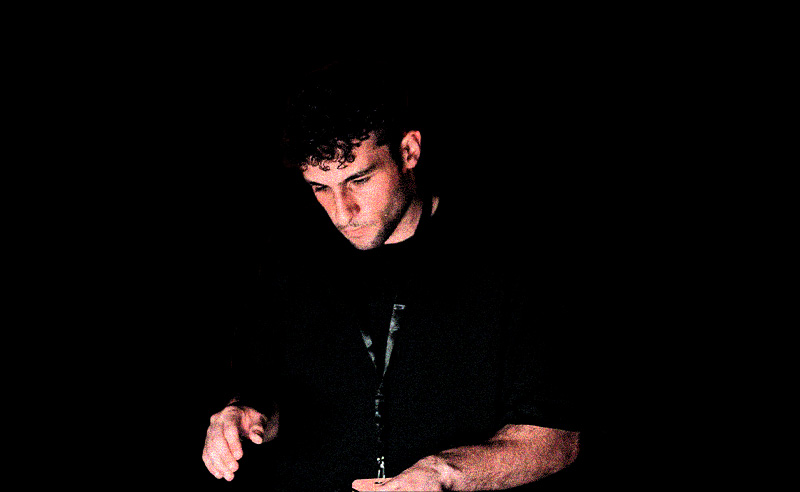 Youssef Yasser | DJ
Youssef Yasser | DJ
Egypt
The way this whole epidemic of 'coffee raves’ lived through proves that we are currently living through an era of heavy artistic drought, which is giving more space to the crowd's most annoying fragments. The whole concept is this Bieber-like cycle of monkey see monkey do, with corporate music & corporate/political bookings taking a very weird, but huge uprising.
This aside, playing club-orientated music any time, at 10 AM to 2 PM, has got to be the top 10 worst experiences. It's cute once, but it just baffles me that no one saw this and decided to take a more sophisticated approach, get hi fi equipment, add two turntables to the setup, and invite artists who play afro cuban/afro latin/downtempo jazz/funk/low slung hip hop, warmer music that would've been more fitting to the activity they're being paired with, grabbing coffee aka half asleep grumpy/exhausted people looking for a fix of nature's coke.



